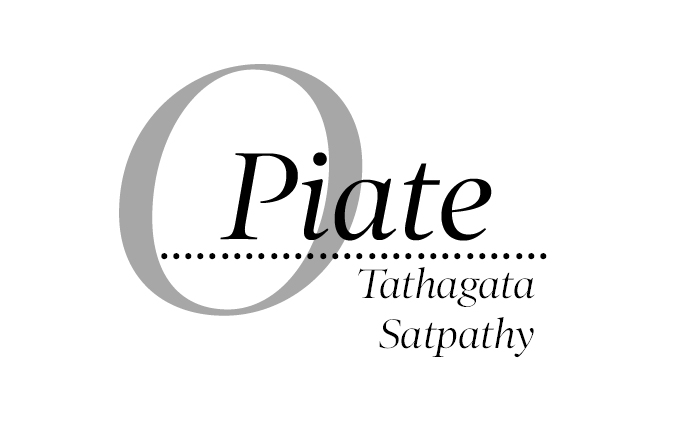The morning of 26 February 2019 was surely special for most Indians. Reeling under the pain and humiliation of the Pulwama terror attack, the average citizen was growing a sense of despondency and helplessness. The feeling was gaining ground that the Indian armed forces are incapable of retaliation. It would be improper to get into the nitty-gritty of the Pulwama incident, neither will it be wise to comment on how such a dastardly attack could take place on a huge paramilitary convoy. Therefore, we shall deal with this subject as is being popularly believed. The Pulwama attack has more significance because it was instigated and executed by Kashmiri extremists.
War is no child’s play. Till the end of the 20th century, many powerful nations thought that war was the final instrument for bringing about a change in a given situation. However, the beginning of the 21st century saw a change in the outlook of global political leaders across the board. Nations like the US, France, Sweden, erstwhile USSR and UK kept manufacturing and sales of arms and ammunition as their economic mainstay. War veterans from many of these European countries became mercenaries and huge profits. With the coming of the new century, the people of countries which had seen battles raging on the streets of the cities and villages that they lived in, became restive. To quote Napoleon Bonaparte, ‘A leader is a dealer in hope’. Therefore, world leaders had to recognize the restiveness and disquiet among their people. Nations in South and Central America, Africa and especially the Middle East started opting out of war. Many of the leaders also changed their hype and started peddling hope instead. Phrases like Millennium Development Goals (MDG) were born to infuse a feeling of hope for a brighter future for the masses. Economic development, especially inclusive development, took centre stage. Large nations which were earlier major arms producers were compelled to divert attention to production and trading of intellectual products that gave them economic benefits. That war was not a solution is well known to humanity. Powerful nations like the US in Vietnam and recently in Afghanistan, Germany and Japan at the end of World War II, USSR in Afghanistan and the UK in Falklands, all became case studies of ignoble defeats. A modern nation having a trajectory of economic growth and general prosperity as a target must remember to learn from history.
India has been known to be a peace loving country. Our only international thought leader has been MK Gandhi. Yet, it has to be admitted that no nation and its people like to be constantly humiliated. The Pakistani side is well known in its belief in proxy war. Neither the Surgical Strike of 2016 nor the IAF sorties over Balakot are going to dissuade Pakistan from its age-old mischievous character. The non retaliation of Pakistan against the revenge attack of India does not mean a thing. Pakistan has managed to give out an image of a peace loving nation that does not hit back against aggression. To add to this are the statements of restraint being issued by most of the powerful nations of the world including China and the US.
While we as Indians are definitely rejoicing this air attack, we must also be aware that, morally, not all of us are entitled to rejoice simply because our sons or fathers are not serving in the Indian armed forces and manning border posts. Therefore, while being cautious about reactions of ecstasy, we ought to consider what diplomatic complications may arise after the Balakot attack. Whether India will be capable of presenting an image of a mighty yet restrained nation in future is for time to tell. The international community may or may not accept India as it has done so far. These are trying times for the nation.
Trying times
